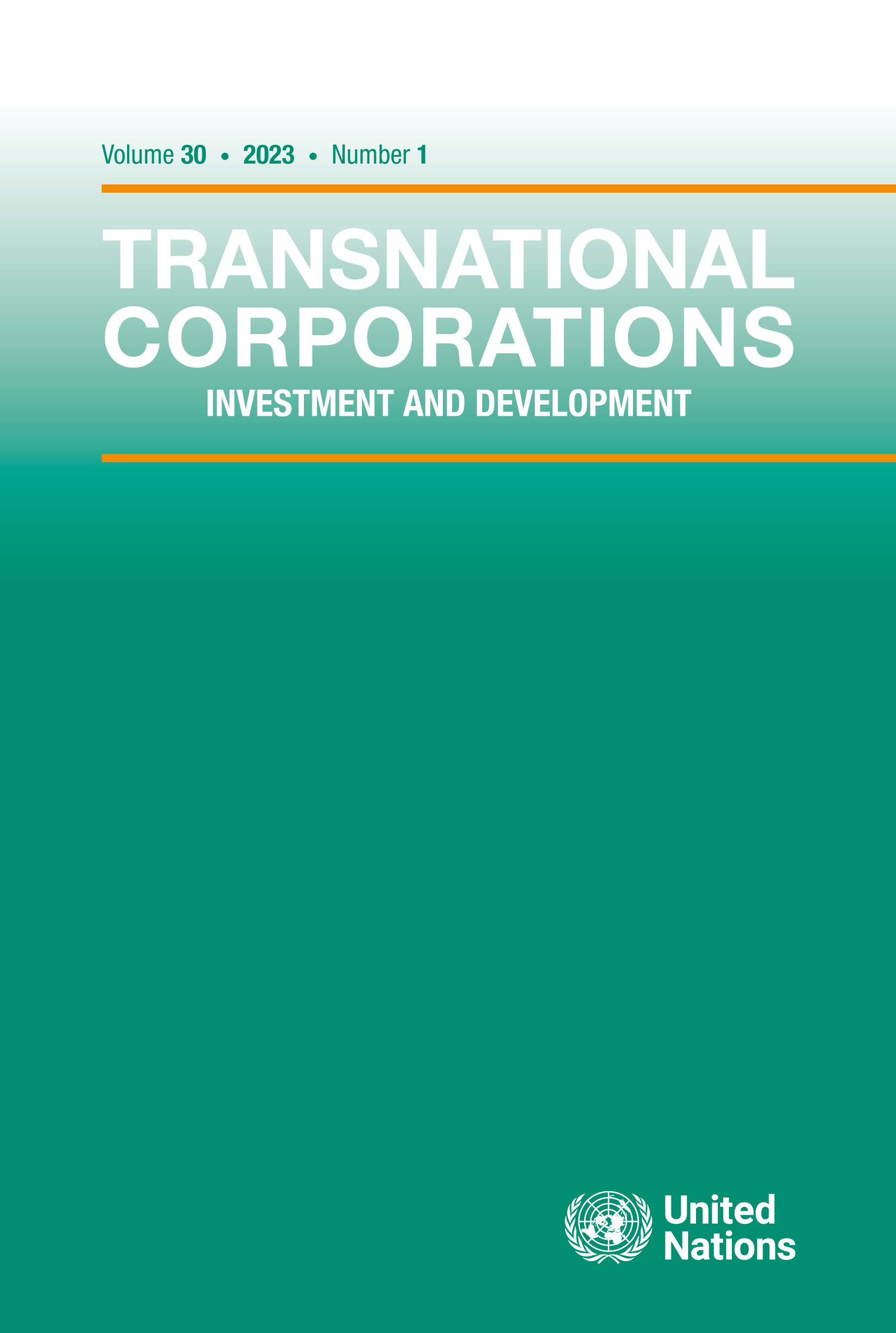-
Online incorporation platforms in Estonia and beyond: How administrative spillover effects hamper international taxation
- Source: Transnational Corporations, Volume 30, Issue 1, May 2023, p. 79 - 101
-
- 04 May 2023
Abstract
Online platforms that allow non-residents to register firms have emerged to boost economic development goals in jurisdictions ranging from Wyoming (United States) to Estonia. They create novel governance challenges that fall between governance frameworks. The global tax governance agenda needs to address the role of such platforms, which often involve conflicts between economic policy aspirations and other goals. Our Estonian case study demonstrates the inability of authorities to perform background checks of numerous non-resident entrepreneurs, as national administrative capacities get strained. Building on the nascent tax spillover approach, we analyse administrative spillover effects caused by online incorporation platforms in international taxation. Mapping de facto administrative capacities requires analysing conflicts between governmental priorities and the obstacles of sharing information between administrative and criminal procedures. When the non-resident community grows compared with the size of the domestic economy, supervisory systems tailored for domestic entrepreneurs become strained. We show that resolving this policy conflict assumes targeted investments into administrative capabilities from skilled personnel to data exchange and interorganizational coordination.




